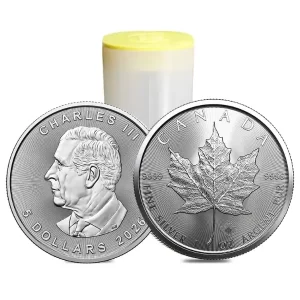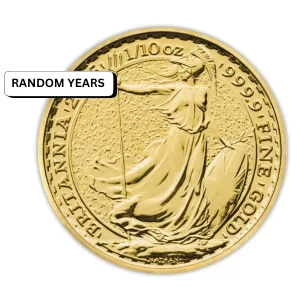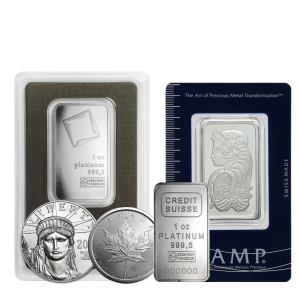As the economy begins to totter with negative news stories filling the headlines, investors invariably wonder an even more pressing question: Where can I safely park my money?
The answer for generations has been the same – gold. Gold is more than an asset; it is an asset class that stands the test of time during periods when the markets fluctuate. But then, what makes it “recession-proof”? Well, let’s dive into it.
-
Gold Always Carries Real Value
Unlike stock investments or cryptocurrency, gold is something that can be held in one’s hand. It is independent of company profits or government policies, requiring no promise from anyone to maintain its value.
In periods of recession, where paper money could fall in value overnight, gold remains steady or even increases in value. That’s because it symbolizes intrinsic value, something that is universal in each and every nation, no matter the culture. Whether in Canada, America, or Tokyo, gold symbolizes riches; no translation required.
-
It’s a Natural Hedge Against Uncertainty
During recessions, stock prices fall, unemployment rises, and exchange rates fluctuate. When things get tough like this, investors remain skeptical about investing in risky markets. That is where gold helps; it is stable.
Historically, in times when markets were down, gold has counteracted by moving in the opposite manner. It is almost like a ‘financial safety net’ where other investments start to falter, but instead, gold protects one’s purchasing power.
-
Gold Maintains its Purchasing Power over Time
Think back on these facts: an ounce of gold could buy you a quality suit a hundred years ago. And today, with that ounce of gold, you could buy that suit plus more. Meanwhile, look at cash – it has no value anymore because it’s inflated.
When the economy is in a recession, central banks typically reduce interest rates and increase the amount of money in the system to boost the economy. However, the more money that is in circulation, the weaker each unit becomes. Gold, on the other hand, doesn’t devalue because it’s not possible to print more physical gold.
-
Global Demand Keeps Gold in Play
Gold is more than an investment – it is an integral part of today’s financial system. Central banks from around the world keep massive amounts of gold in reserve to hedge their currencies against potential economic threats.
There has been an uptick in central bank purchases in recent years, with much thereof coming from nations looking to diversify out of the U.S. dollar.
-
Peace of Mind You Can Hold
There is something so comforting in the idea of owning physical gold. It’s a personal, transportable asset that doesn’t rely on the success of a financial organization during uncertain markets.
Whether it is stored at home safely in physical form or in a vault, physical gold offers investors the advantage of having something on their side no matter what is happening in the economy.
Gold Remains the Ultimate Safety Net
There’s no investment that is completely safe from risk, but for a struggling economy, gold is pretty much risk-free. It is the asset that everyone relies on time and time again during an economic downturn – not because it’s looking to make a quick buck, but because it’s safe while everything else is uncertain.
At AU Bullion, it is easy to own physical gold – the kind that stands the test of time, no matter the market cycle. Browse our extensive selection of gold bars and coins from reputable refiners such as the Royal Canadian Mint, Credit Suisse, Valcambi, and Asahi Refining. Whether it is for the coming years or just for securing your savings, gold is the basis for long-term security.
 Hi,
Hi,











